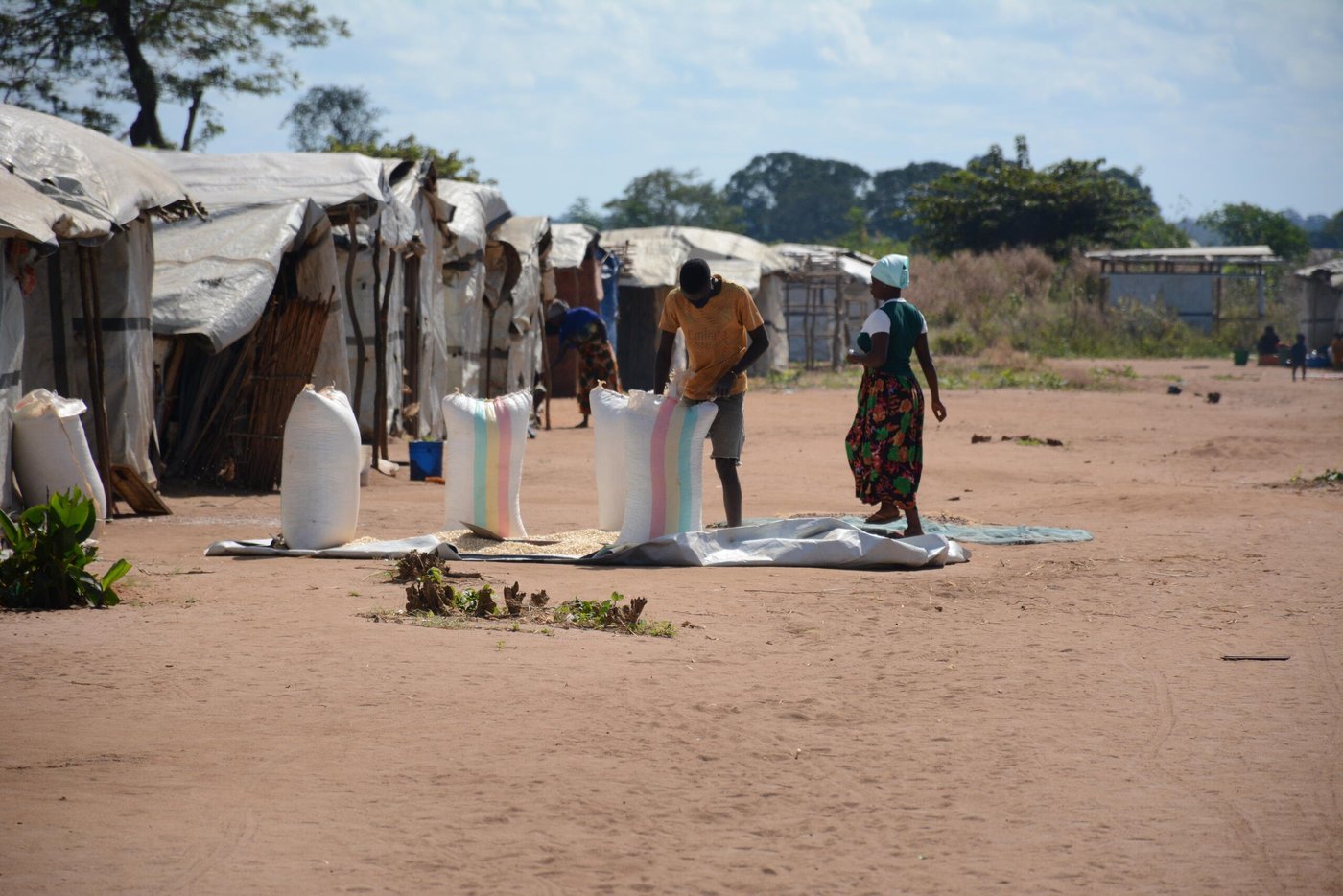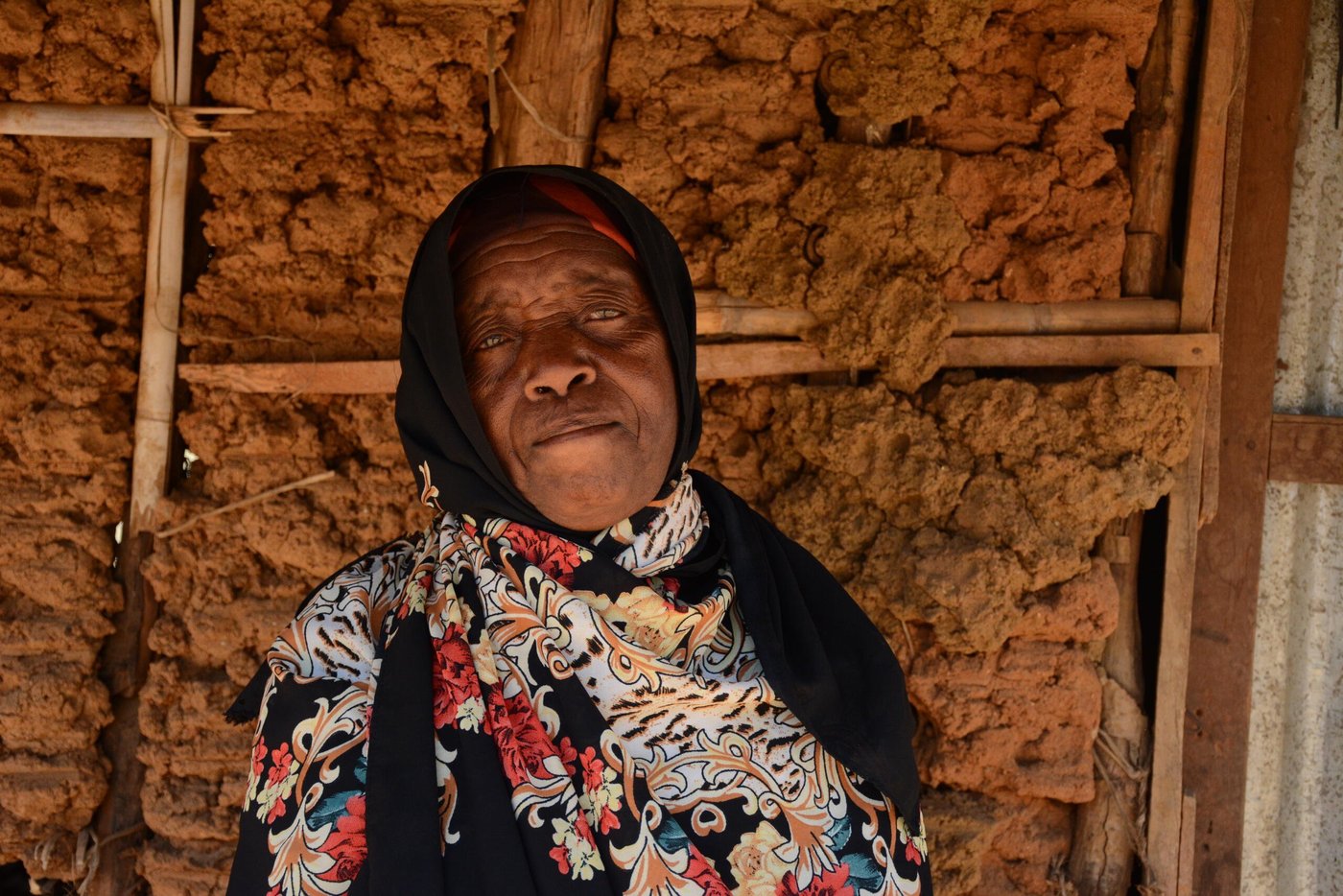Yet, Mozambique’s crisis has unfolded largely outside the spotlight, as competing global crises have diverted attention and resources elsewhere. In 2024, Mozambique was third on NRC’s list of the world’s most neglected displacement crises.
Here’s what you need to know.
1. A perfect storm of crises
In 2024, Mozambique navigated a perfect storm of armed conflict, political turmoil and climate-driven disaster. These overlapping shocks created a deeply complex humanitarian emergency.
2. Conflict and climate disasters
Armed violence in the northern province of Cabo Delgado continued to uproot communities in 2024. In October, disputed presidential elections sparked nationwide tensions. A few weeks later, Cyclone Chido struck the country, putting strain on an already fragile infrastructure and pushing people into crisis.
By the end of the year, more than 700,000 people were displaced by a combination of violence and disaster.
3. Hunger reached critical levels
In 2024, access to food was a major concern. Between April and September, 2.8 million people faced acute food insecurity, just under 10 per cent of the total population. Some families couldn’t get enough food and suffered malnutrition, while others were forced to use up their savings and sell off assets to support their basic food needs.

4. International aid is dwindling
Despite the growing needs, the humanitarian response struggled to get support. Funding from the international community fell short: the 2024 Humanitarian Response Plan was only 41 per cent funded, its lowest ever level. Food assistance was particularly hard hit, with just 13 per cent of needs covered in the province of Cabo Delgado.
5. What is next for 2025?
Early figures for this year indicate another year of unmet needs. Already, nearly five million Mozambicans have been pushed into critical levels of hunger, with over 900,000 facing emergency conditions – just one step below famine. The funding that has been secured so far is extremely limited, signalling a worrying trend. The world must mobilise now to avert a full-scale famine, restore food security, and support the country’s fragile recovery.


